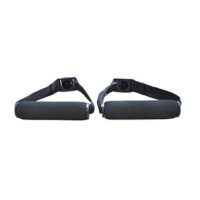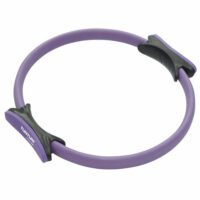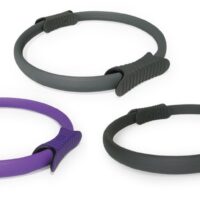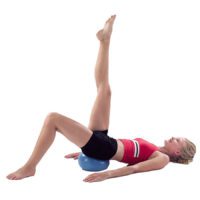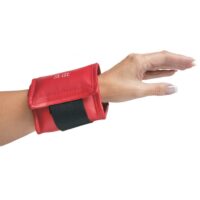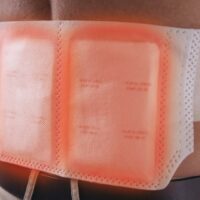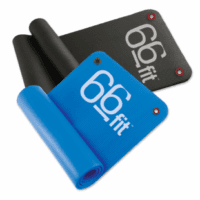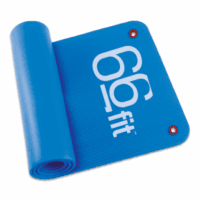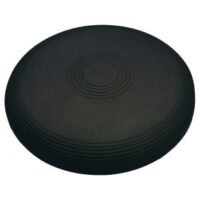Post-Operative Rehabilitation
Article by John Miller

Maximising Recovery: The Importance of Post-Operative Rehabilitation
Why Choose Post-Operative Physiotherapy?
Recovering from surgery extends beyond the operating theatre. As a physiotherapist, I often see patients who underestimate the importance of post-operative rehabilitation.
It’s not just about the surgery itself; it’s about how you recover and regain your strength and functionality afterward. This comprehensive guide will walk you through the benefits and processes of post-operative physiotherapy, highlighting why it’s a crucial step in your recovery journey.
The Role of Physiotherapy in Post-Operative Care
After surgery, your body undergoes a significant recovery process. Physiotherapy plays a pivotal role in ensuring a smooth and effective recovery. It helps in managing pain, reducing swelling, and improving circulation.
Additionally, physiotherapy aims to restore strength, flexibility, and overall functionality. Recent studies have shown that patients engaging in physiotherapy post-surgery experience a quicker and more complete recovery.
Early Stages of Post-Op Rehabilitation
In the initial phase following surgery, physiotherapy focuses on gentle exercises to reduce the risk of complications such as chest infections or deep vein thrombosis (DVT).
Other exercises include strength-building and range of motion activities, tailored to your specific surgical procedure. Regular assessments are crucial during this stage to monitor your progress and adjust your treatment plan as needed.
Advanced Physiotherapy Techniques for Recovery
As you progress, physiotherapy becomes more intensive. Techniques such as manual therapy, therapeutic exercises, and other modalities may be introduced. These are designed to enhance muscle strength, improve joint mobility, and facilitate overall functional recovery.
For example, after orthopaedic surgeries like knee replacements, hip replacement, post-fracture procedures, or shoulder surgeries, specific exercises focusing on the affected area are crucial for regaining mobility and strength.
Customised Post-Operative Physiotherapy Plans
Every surgery and every patient is unique. At PhysioWorks, we develop personalised recovery plans, in collaboration with your surgeon, to ensure that your rehabilitation is aligned with your specific surgical procedure and personal goals.
This bespoke approach ensures that you receive the most effective treatment, whether your goal is to return to work, sports, or daily activities.

Common Surgeries and Post-Operative Physiotherapy
There’s a wide range of surgeries that benefit from post-operative physiotherapy, including but not limited to:
- Shoulder surgeries such as rotator cuff repair and shoulder stabilisation.
- Elbow, wrist, and hand surgeries like tennis elbow release and carpal tunnel release.
- Knee surgeries, including knee replacements, ACL reconstruction, multi-ligament repairs, microfractures and arthroscopy.
- Hip surgeries such as a hip replacement and labral repairs.
- Ankle and foot surgeries such as Achilles tendon repairs, ligament reconstructions and tendon repairs.
- Spinal surgeries like discectomy, laminectomy and spinal fusion.
Latest Research and Developments in Post-Operative Physiotherapy
Recent advancements in physiotherapy have introduced new techniques and modalities that significantly improve post-surgical outcomes. Specific exercise techniques and protocols in particular, are becoming more popular due to their effectiveness in reducing recovery time and improving functional outcomes.
Studies also indicate that early mobilisation post-surgery significantly reduces the risk of complications and shortens hospital stays.
Conclusion
Post-operative physiotherapy is an integral part of your recovery process. It’s not just about healing; it’s about regaining your life and returning to your normal activities. If you’ve undergone surgery, don’t underestimate the power of physiotherapy in your recovery journey.
What to do?
If you’re recovering from surgery, I strongly recommend consulting a professional physiotherapist to discuss your rehabilitation plan. At PhysioWorks, we’re committed to providing comprehensive care and customised recovery plans to meet your specific needs.
Book an appointment with us to take the first step towards a successful post-operative recovery. Remember, your journey to full recovery is just as important as the surgery itself. Let us help you make the most of your post-operative rehabilitation.
Rochedale - Call 38410277
Book Online: RochedaleSalisbury - Call 32751044
Book Online: SalisburySandgate - Call 32691122
Book Online: SandgateRelated Articles
- Knee Replacement Surgery Recovery – Readers can learn about the recovery process specific to knee replacement surgeries, including timelines and rehabilitation exercises.
- Rotator Cuff Repair Recovery – This article likely discusses the rehabilitation process after rotator cuff repair surgery, offering insights into exercises and care needed for shoulder recovery.
- Hip Replacement Rehabilitation – Offers detailed guidance on recovering from hip replacement surgery, including early mobilisation strategies and long-term exercise plans.
- ACL Reconstruction Rehabilitation – Provides information on the phases of recovery following ACL reconstruction, with a focus on physiotherapy exercises and milestones.































